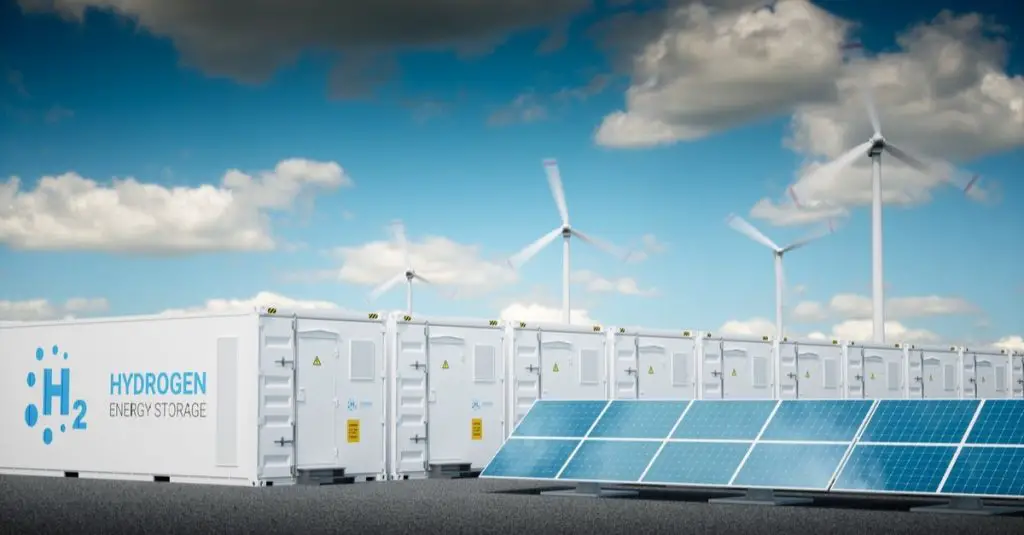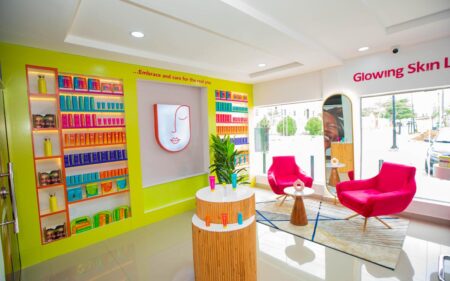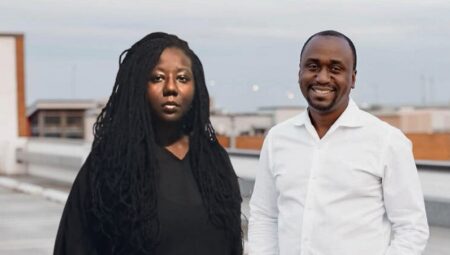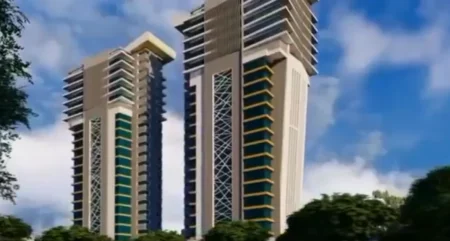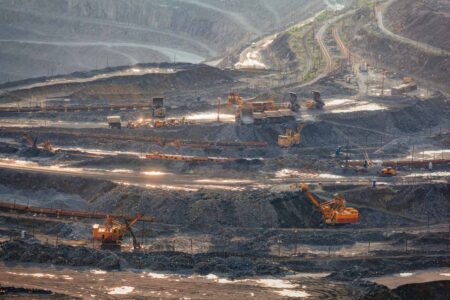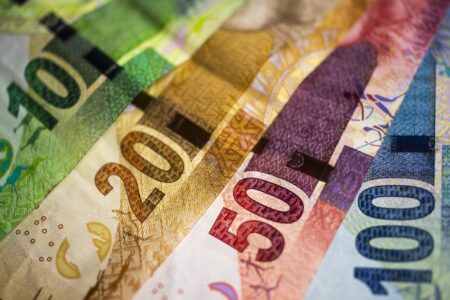- About 200,000 people in Windhoek will benefit from AfDB-funded solar lighting project.
- AfDB’s Urban and Municipal Development Fund helps countries invest in climate resilient cities.
- Rapid and uncontrolled urbanization in Namibia’s capital has seen the steady rise in informal settlements.
An estimated 50,000 homes in Namibia’s informal settlements will benefit from solar power connections as green revolution across African economies picks up speed. The solar project targeting informal settlements in Namibia’s capital city has received a grant of $485,000 from the African Development Bank’s Urban and Municipal Development Fund .
In Windhoek, where around 20 per cent of the population lacks access to power, the “Informal Settlement Renewable Electrification and Upgrading Program” will directly assist almost 200,000 people.
The Urban and Municipal Development Fund of the AfDB supports national socioeconomic development and poverty reduction by assisting governments in funding sustainable urban development for more livable, productive, and climate resilient cities.
Namibia’s growing urbanization
The capital of Namibia has experienced rapid and unchecked urbanization, which has resulted in the gradual expansion of informal communities blighted by non-electric areas and underdeveloped economic activity. The quality of life for those who live there has consequently decreased as a result.
The Windhoek Municipal Council requested assistance from the Fund to improve services in its underserved neighborhoods. The initiative targeting informal settlements is a top priority in the city’s strategic plan.
Investment in electricity will unleash the economic potential of Namibia’s informal settlements. It will also significantly raise the standard of living for the locals.
Solar in Namibia’s informal settlements
The project will start as soon as the three main components’ feasibility and tender documents are ready. The installation of 60 MW of solar PV and associated batteries is one of them. Another is the creation of a comprehensive structural plan for the restoration of the informal settlements. Policymakers will use a participatory process to identify and rank the investment opportunities.
Read also: Namibia among top global investment hotspots
The institutional support for the Windhoek Municipal Council is the other element. In order to further its green electrification ambitions, this will entail examining current legal regulations.
Electricity access in these locations can promote the growth of informal settlements’ small and medium-sized businesses. The solar project will also support the development of other household economic activities. This will have a significant socioeconomic impact and lead to more jobs being created.
Solar to reduce emissions
Along with lowering deforestation and increasing air quality, solar energy will help reduce the emissions. Kerosene and firewood are leading sources of energy in many of Namibia’s informal settlements.
“The project is strongly aligned with the African Development Bank’s top five priorities, in particular, to Light up and Power Africa, Improve the quality of Life for the people and Industrialize the continent,” AfDB Infrastructure and Urban Development director Mike Salawou said.
With the launch of this new project, the UMDF is diversifying the industries it supports across southern Africa. As part of its portfolio of more than 20 urban development projects, electrification will now be incorporated.





